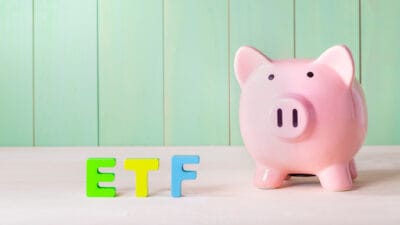Tesla Inc (NASDAQ: TSLA) is often cited as the poster child for the irrational exuberance of retail investors.
Notwithstanding the COVID-19 market crash, the stock for the electric car maker has increased 660% times since the start of 2020.
That dizzying ascent has made many people rich. This includes chief executive Elon Musk, who in January briefly overtook Amazon.com Inc (NASDAQ: AMZN) founder Jeff Bezos as the planet's wealthiest person.
Tesla is now worth more than the 8 biggest traditional car makers combined, even though it produces a fraction of the vehicles they do.
Critics say this is the worst example of an overvalued growth stock. Foolhardy retail investors are pumping money into speculative businesses that are just bleeding cash, they say.
The local version of Tesla is Afterpay Ltd (ASX: APT), which jumped 5-fold in price from the start of 2020 to February this year.
So is the criticism of these businesses valid?
Tesla's had positive earnings for 3 years
Frazis Capital portfolio manager Michael Frazis pointed out a tidbit that the Tesla critics seem to have missed.
"In the industry, it seems nobody really knows this or really wants to engage with the fact this company's been profitable for a long time," he told clients in a video briefing.
When Frazis says "profitable", he refers to the EBITDA, which has been in the black for the last 3 financial years.
The 2020 financial year saw Tesla generate US$4.3 billion in EBITDA, up 93% on the year before. The car maker even made its first net profit of US$690 million.
Back in 2019, before the massive share price surge, Tesla was an absolute bargain.
"A couple of years ago, this was trading 15 times [enterprise value to] EBITDA. It was basically a value stock!"
The same situation applied to Afterpay when Frazis' fund bought into it back in 2016.
"It was profitable then. A huge cash draw, but it was profitable."
What should growth companies do with all that EBITDA
The growth stocks Frazis favours will put all that positive EBITDA back into the business.
"What we want to see is these companies investing all that profit."
He cited the examples of fintechs Xero Limited (ASX: XRO) and Square Inc (NYSE: SQ) as other businesses where investment back into the business saw their revenues take off.
"In Q1 2015, [Square] spent US$32 million and got US$172 million back in gross profit," said Frazis.
"This is the dynamic we look for. I wouldn't get lost in 'do we care about profitability' – of course we do, but it's beside the point."
Hyperion Asset Management lead portfolio manager Jason Orthman said much the same last month in support of Tesla and Square.
They are actually his fund's largest current holdings.
"Even though those share prices have re-rated upwards as we were buying them over the last 12 months or so, we still believe that they're fundamentally misunderstood and there's a large shift in consumer behaviour going on," Orthman told The Motley Fool.
"So it's still really day one for both Tesla and Square."









